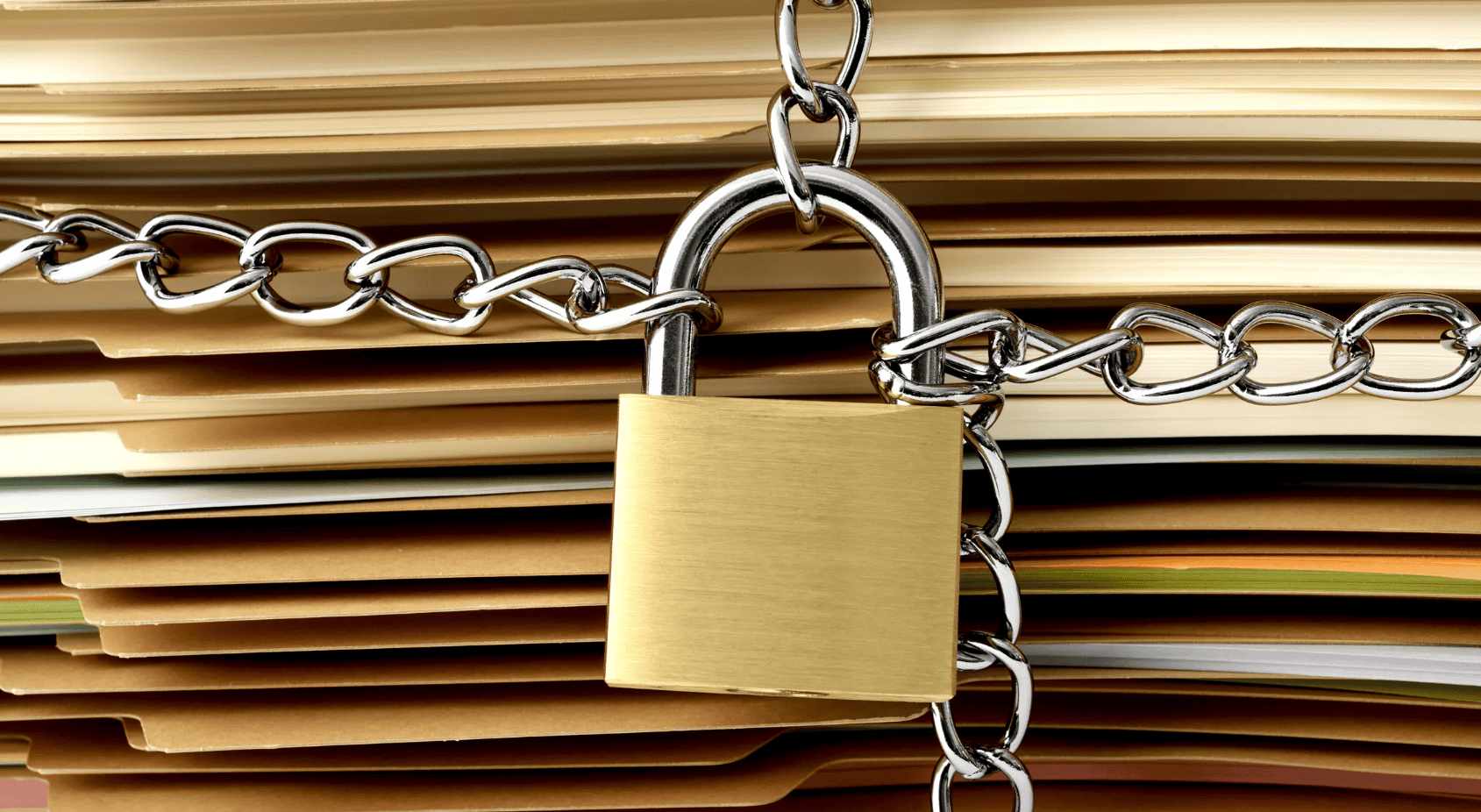
As an HR professional, one of your primary responsibilities is to ensure that your organization complies with legal requirements, especially when it comes to employee-related matters. One crucial aspect of this responsibility is understanding and implementing legal holds, a process that preserves relevant data when a legal dispute arises. In this blog post, we’ll explore the concept of legal holds, their importance for HR professionals, and how Gimmal’s Legal Hold solution can help streamline the process.
What is a Legal Hold?
A legal hold, also known as a litigation hold, is a process that organizations must implement to preserve all forms of relevant information when they reasonably anticipate litigation or a regulatory investigation. This process ensures that potential evidence is not destroyed, altered, or lost, which could lead to severe legal consequences. When a legal hold is initiated, all relevant data must be identified, located, and preserved until the matter is resolved. This data can include emails, documents, instant messages, voicemails, and any other electronic or physical records.
Why are Legal Holds Important for HR Professionals?
HR professionals often deal with sensitive, employee-related matters that can potentially lead to legal disputes, such as discrimination claims, wrongful termination lawsuits, or harassment allegations. In these situations, it is crucial to preserve all relevant data to ensure a fair and accurate resolution of the matter. Failing to implement a proper legal hold can result in severe consequences, including:
Spoliation of evidence: If relevant data is destroyed or altered, it can be considered spoliation of evidence, which can lead to legal sanctions, fines, and adverse inferences in court.
- Spoliation of evidence: If relevant data is destroyed or altered, it can be considered spoliation of evidence, which can lead to legal sanctions, fines, and adverse inferences in court.
- Reputational damage: Mishandling employee data during legal disputes can damage an organization’s reputation and erode trust among employees, customers, and stakeholders.
- Financial losses: Legal sanctions, fines, and settlements resulting from mishandled legal holds can be costly for organizations.
Implementing a Legal Hold: Best Practices
To effectively implement a legal hold, HR professionals should follow these best practices:
- Develop a clear legal hold policy: Create a comprehensive policy that outlines the processes and responsibilities for initiating, communicating, and managing legal holds.
- Identify relevant data sources: Determine where relevant employee data is stored, including email systems, HR databases, and personal devices.
- Communicate the legal hold: Notify all relevant parties, including employees, IT staff, and legal counsel, about the legal hold and their responsibilities in preserving data.
- Monitor compliance: Regularly check in with relevant parties to ensure that data is being preserved and the legal hold is being followed.
- Release the hold: Once the legal matter is resolved, promptly release the legal hold and communicate the release to all relevant parties.
Real-World Example: Small v. University Medical Center of Southern Nevada
In the case of Small v. University Medical Center of Southern Nevada, a former employee filed a lawsuit against his employer, alleging discrimination and retaliation. During the discovery process, it was revealed that the employer had failed to preserve relevant text messages sent and received by key employees on their company-issued mobile devices. The court held that the employer had a legal duty to preserve these text messages as soon as it anticipated litigation and should have taken steps to prevent the automatic deletion of this data. The court found that the employer’s failure to preserve the text messages constituted spoliation of evidence and imposed sanctions, including an adverse inference instruction to the jury. This case highlights the importance of preserving all forms of relevant electronically stored information (ESI), including employee text messages, when litigation is anticipated. It also emphasizes the need for organizations to have comprehensive information governance policies that address the preservation and collection of ESI from various sources, such as mobile devices, to ensure compliance with legal hold obligations. (Source: Small v. University Medical Center of Southern Nevada, 2018 WL 3795238 (D. Nev. Aug. 9, 2018)
Streamlining Legal Holds with Gimmal
Implementing a legal hold can be a complex and time-consuming process, especially for large organizations with vast amounts of employee data—this is where Gimmal’s Legal HoldTM comes in. Gimmal’s Legal HoldTM is a cloud-based software that automates the legal hold process, making it easier for HR professionals to initiate, communicate, and manage holds. With features like customizable hold notices, automatic reminders, and real-time tracking, the solution ensures that all relevant data is preserved and the hold is being followed.
By using Gimmal’s Legal HoldTM, HR professionals can:
- Save time and resources by automating the legal hold process
- Ensure compliance with legal requirements and reduce the risk of spoliation
- Centralize and streamline communication with relevant parties
- Monitor and report on hold compliance in real-time
In conclusion, legal holds are a critical aspect of HR compliance and risk management. By understanding the importance of legal holds and implementing best practices, HR professionals can protect their organizations from legal and reputational risks. Gimmal’s Legal Hold solution offers a streamlined and automated approach to managing legal holds, making the process more efficient and effective for HR professionals.
